How does age affect performance and recovery?
Growing older is inevitable and affects our cycling activity. Knowing to what extent and how to deal with ageing will help us to be better cyclists by being able to adapt our training to continue to achieve the best possible performance.
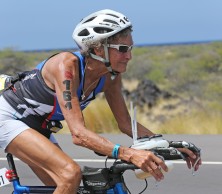
Ageing should not be associated with loss of performance
There are those who say that age is just a number, and it's often no wonder given the level shown by many older cyclists. We all know cyclists in their 60s and 70s who are very good performers. However, reality and scientific studies tell us that getting older has its consequences. Knowing them and adapting our training can help us to stay in the best shape for many years to come.
Physiologists use several variables to quantify sports performance. The most common are maximal oxygen uptake or VO2max, lactate threshold or economy of effort.
RECOMENDADO

Change wheels if you want to transform your bike's behavior
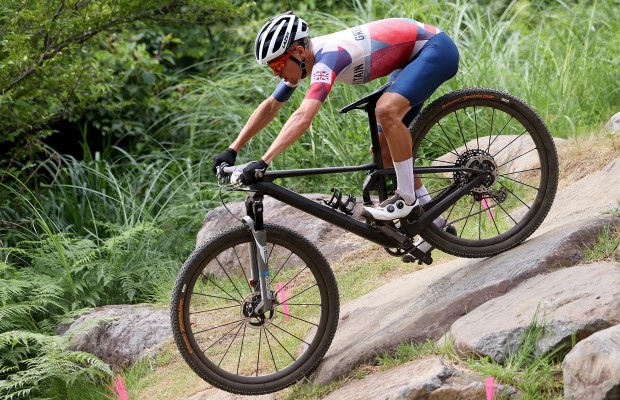
What bike size do you need? Here's how to find out
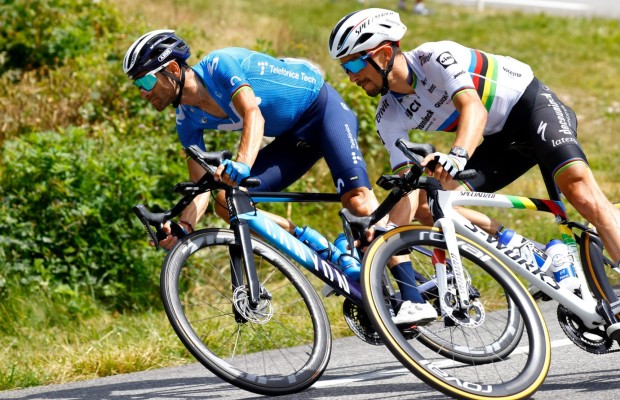
10 tips for safer and faster downhills on road bikes

The best gravel groupsets of the moment
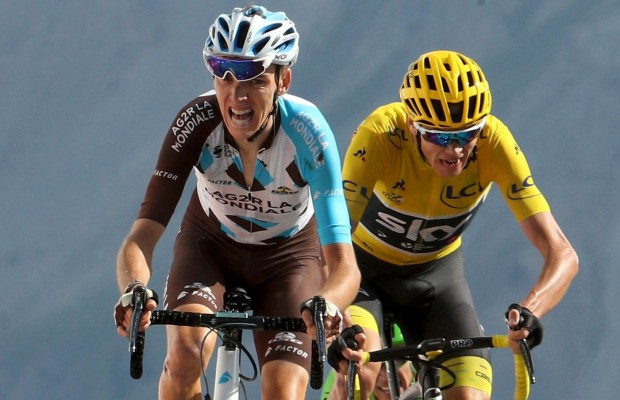
How to lose body fat? Differences between losing weight and losing fat

Profile wheels: advantages, disadvantages and which ones are better
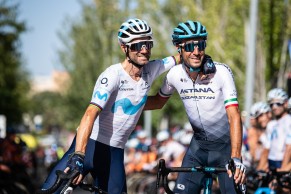
The maximum oxygen consumption, which is usually expressed as a relative value associated with the cyclist's weight and would define the capacity of our engine. Having a high VO2max is necessary to guarantee a high level, although it is also possible to achieve high performance with a lower value.
As the years go by, VO2max decreases, as has been quantified in various laboratory studies, by around 10% per decade from the age of 30 onwards. This decrease is due to the smaller volume of blood that the heart is able to propel with each beat and the decrease in the maximum heart rate that can be reached, which also decreases with age.
Another important factor in determining the level of performance is the lactate threshold, that point of intensity at which the body is unable to recycle all the lactate that the muscles generate as waste from glycogen consumption and beyond which the effort is not sustainable for a prolonged period of time. This value also decreases with age, although not as significantly as VO2max, but will force us to be more careful with our training to minimise the loss.
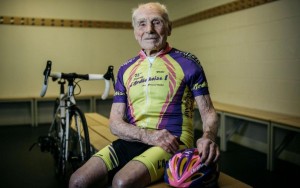
The last parameter that is usually taken into account when quantifying effort is economy, i.e. how optimal is the expenditure made by the organism when pedalling. This is determined by many factors, but one of the most important is muscle composition. In this case, the presence of type 1 muscle fibres, which are slower but more resistant to prolonged effort, guarantees optimal economy of effort.
In this case, when analysing the composition of well-trained senior cyclists, scientific studies have not observed any significant age-related differences, so that this aspect is hardly altered over the years.
How to train as you get older
When planning training sessions from a certain age onwards, it must be taken into account that it takes longer for the body to recover and assimilate each effort. This means that, in order to reach the same level of fitness, an older person will need more training time than a younger person, as they will not be able to introduce as much load if they want to be able to recover properly from the different sessions.
Nor should we forget that a person in their 40s or 50s does not have the same work and family obligations as a 20-year-old, which also implies a certain amount of time that must be taken into account when planning training sessions. Therefore, we must be especially careful when it comes to optimising recovery, whether it be stretching, nutrition after exercise, resting as much as possible, massages and, of course, getting as much sleep as possible.
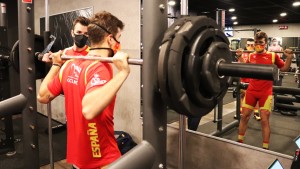
As we age, strength training also becomes particularly important due to the loss of muscle and bone mass that occurs with age. This is particularly evident in the case of women, who suffer a significant loss of bone density after the menopause.
Correct strength training allows us to keep the musculoskeletal system sufficiently stressed to minimise these age-related losses. In addition, we should not neglect postural work to help us to maintain a correct position on the bike without neck or back discomfort. It is also advisable to introduce proprioception work to help improve balance in order to reduce the risk of falls which, after a certain age, can be catastrophic.
One thing is clear, to make the mantra that age is just a number come true, we have no choice but to be even more careful in our training and dedication to cycling, as they say, we have to take much better care of ourselves than when we were young.